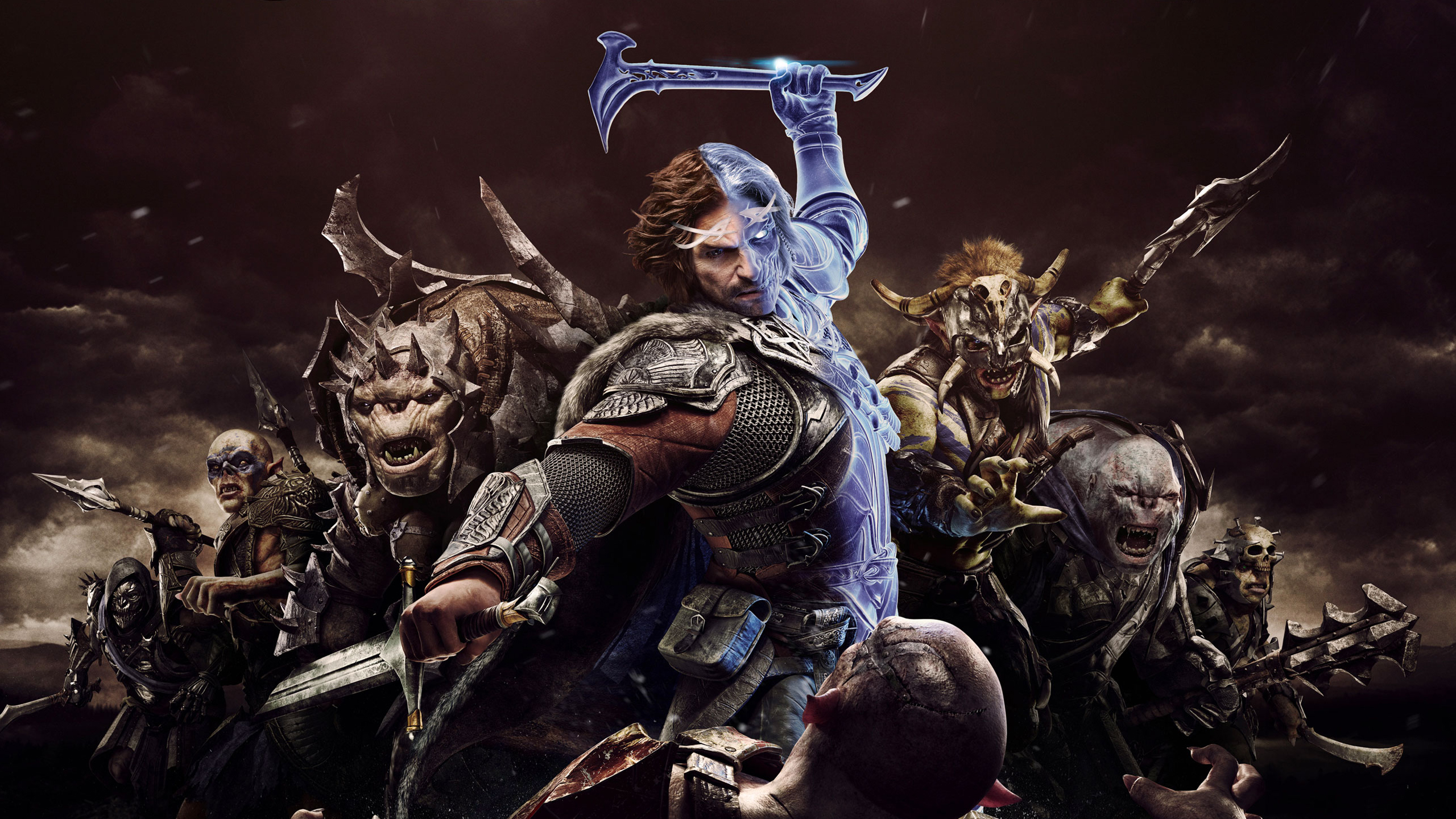
As with the best Star Wars or Star Trek games on PC, the best Lord of the Rings games stretch across a bunch of different genres. Among the following entries, you'll find an RTS, a MMORPG, a text adventure and a couple of decent open-world adventures, among others, based on both the books and Peter Jackson's classic movies.
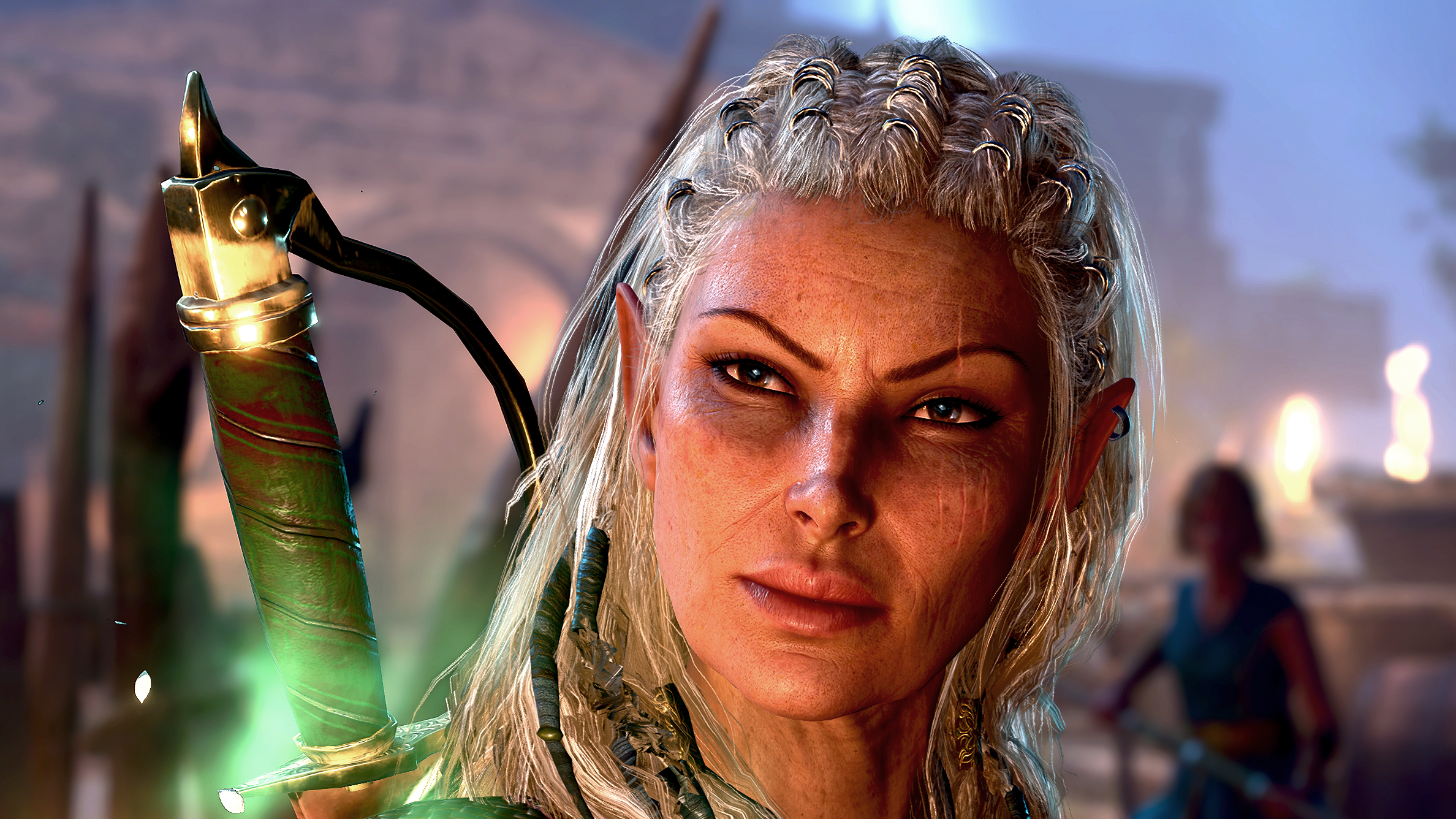
2024 games: Upcoming releases
Best PC games: All-time favorites
Free PC games: Freebie fest
Best FPS games: Finest gunplay
Best MMOs: Massive worlds
Best RPGs: Grand adventures
We've expanded the remit here to include some games based on The Hobbit and other parts of Middle-earth lore—we've done this because the PC has such an extensive history of Tolkien games compared to other platforms, and we wanted to reflect that.
Here's the list of all our favorite Tolkien titles we've brought to the table—no binding in darkness required.
Best Lord of the Rings games
The Hobbit
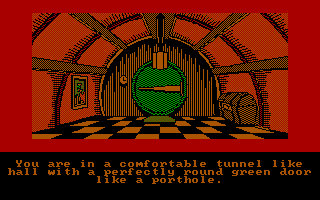
Release date: 1982 | Developer: Beam Software | Internet Archive
Melbourne House’s take on Tolkien is something of a legend in the UK, where systems like the Spectrum ruled. As well as (for the time) excellent graphics, it featured wandering NPCs, interactions like the infamous ‘Say to Thorin "CARRY ME"', and the full, albeit condensed story. The most memorable thing about it though is its combat 'engine'—a purely random system that lets Bilbo be the ultimate badass. Actual quote: "With one well placed blow, you cleave his skull. Gandalf is dead." Thorin says: "Well, are we just going to stand around all day?"—Richard Cobbett
The Lord of the Rings Volume 1 and 2
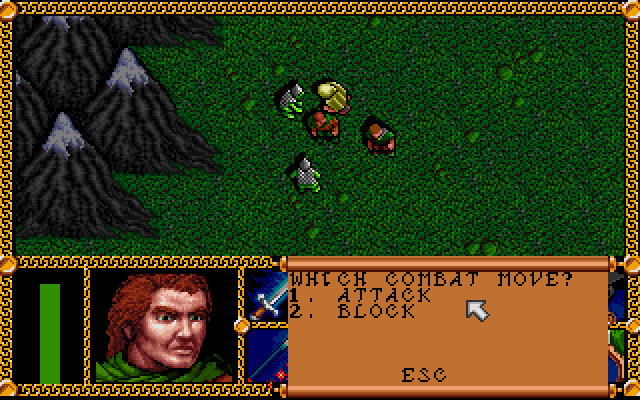
Release dates: 1990, 1992 | Developer: Interplay
Interplay’s take on the series switched the action from adventure to RPG, with an admirable focus on both following the novel’s story, complete with features like a day/night cycle that controlled how often the likes of the Nazgûl would show up, and scattering in assorted sidequests and bonus content like finding the pieces of Anduril. The sequel, The Two Towers, also offered the novelty of multiple parties on their own adventures. Sadly, it didn’t click. Even The Two Towers went largely unnoticed by RPG fans, and the third part never ended up happening.—Richard Cobbett
The Lord of the Rings: Return of the King
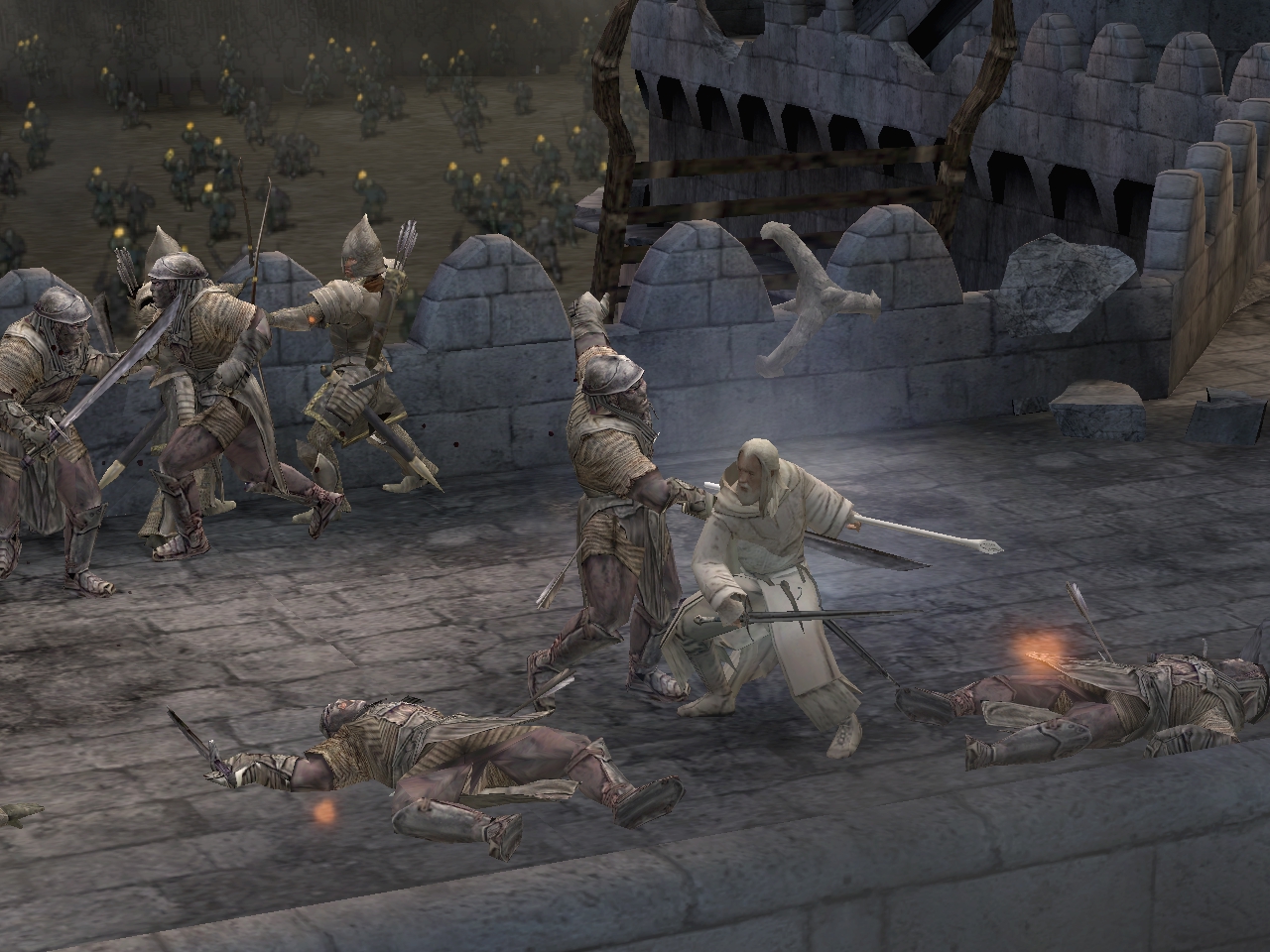
Release date: 2003 | Developer: EA Redwood Shores
EA's The Lord of the Rings games were a mixed affair, but a couple of strong efforts made their way to PC. This hack-and-slash adventure based on the third movie faithfully tells its story in three different parallel strands, following Frodo, Sam and Gollum, then Legolas, Aragorn and Gimli, plus Gandalf doing his thing. It looked nice for the time, and though we called out the controls for being built for consoles rather than PC in our original review, it remains EA's highest-rated Lord of the Rings game in PC Gamer UK history, with 85%. Like all of the publisher's old LOTR games, you can't buy it digitally, only in old boxed copies.—Samuel Roberts
The Lord of the Rings: Battle for Middle-Earth II
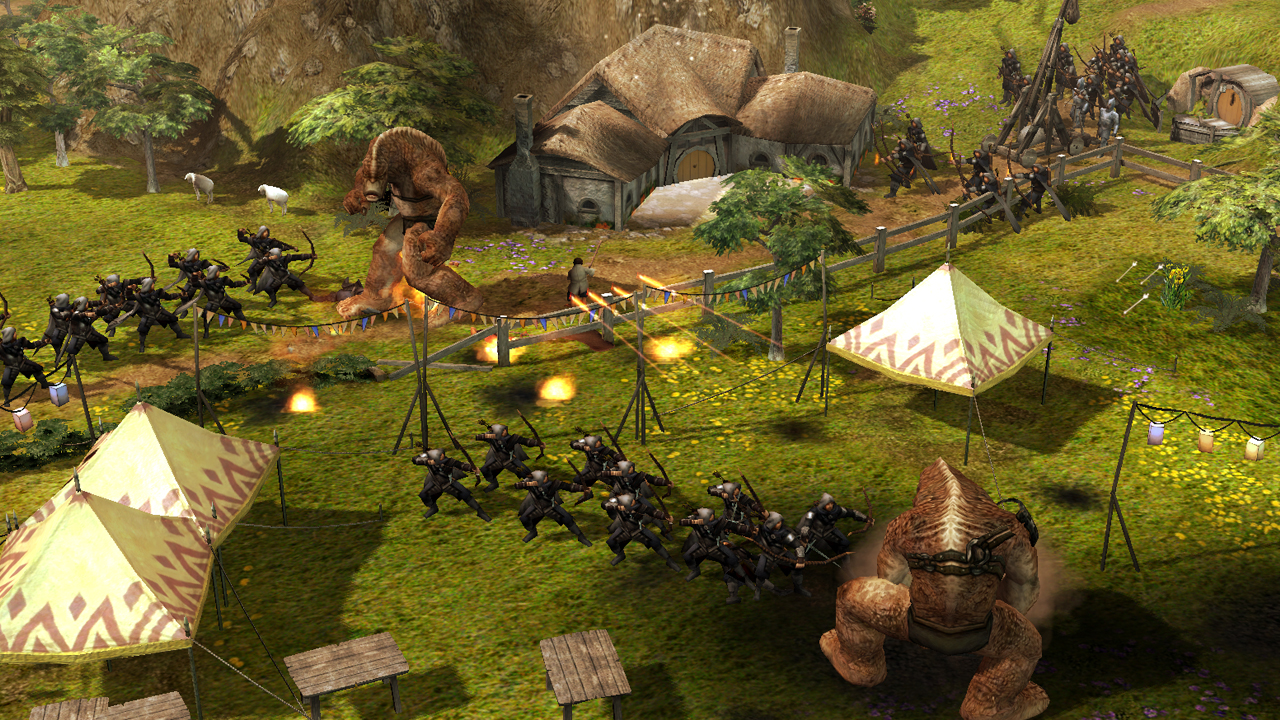
Release date: 2006 | Developer: EA Los Angeles
A familiar-feeling but well-produced RTS that improved on the first game, particularly with the CPU AI, this was a decent large-scale translation of The Lord of the Rings. With good and evil campaign paths, a gorgeous (for the time) version of Middle-Earth with extravagantly realised locations and well-animated units, this is probably as good as a LOTR RTS will ever get. It was certainly better than The War of the Ring, a non-starter 2003 effort from Vivendi based on the books rather than Peter Jackson's movies.
You could even create your own heroes for skirmishes, and new content for the game is supported by an active modding community. The only issue now, of course, is getting hold of a boxed copy, since EA's licence lapsed and that means no one can sell it digitally. Find a way to play Battle for Middle-Earth II, though, and there's still a community hosting multiplayer servers, which now also support the game's expansion, The Rise of the Witch King.—Samuel Roberts
The Lord of the Rings Online
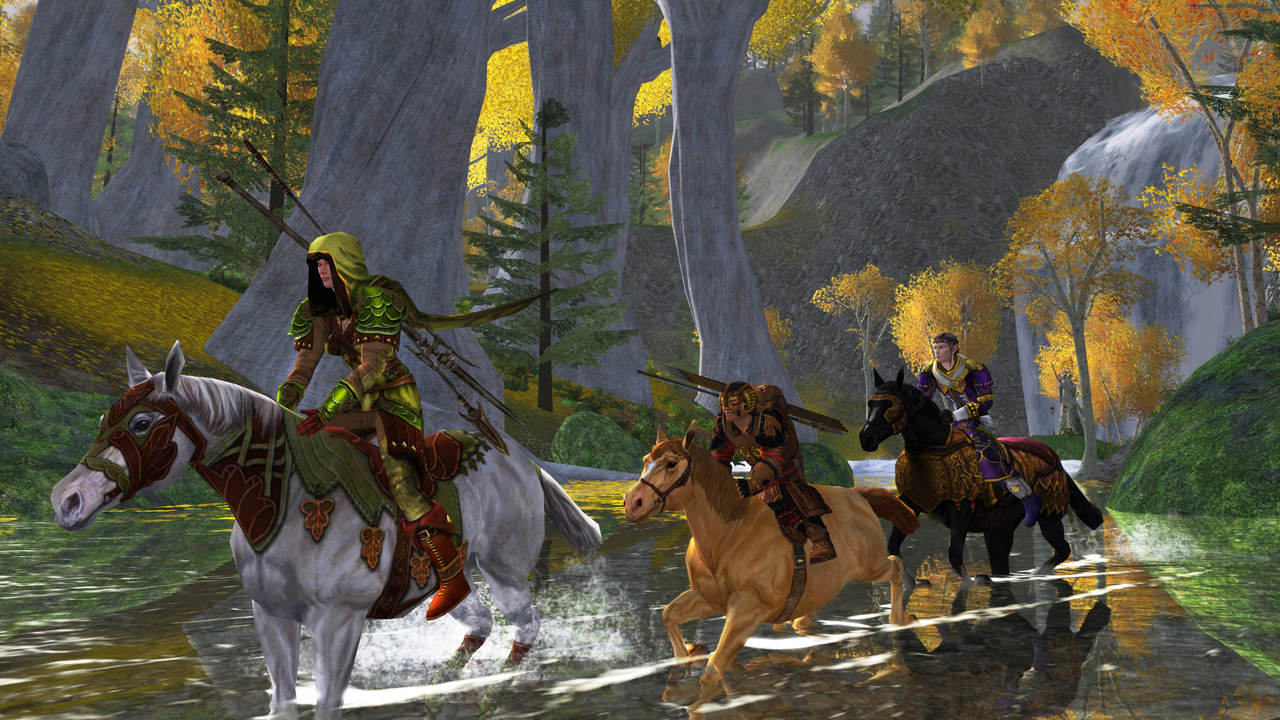
Release date: 2007 | Developer: Standing Stone | Steam
While it never really undercut World of Warcraft as its creators hoped, Lord of the Rings Online is easily one of the best Tolkien games around. Rather than try and recreate Middle Earth in one go, creators Turbine started in relatively quiet areas like the Shire, with expansions since then roughly following the Fellowship’s path to Mordor while filling in the gaps around the sides. For fans of the world, there’s no better way to jump in and explore—especially as the base game is free.—Richard Cobbett
Lego The Lord of the Rings
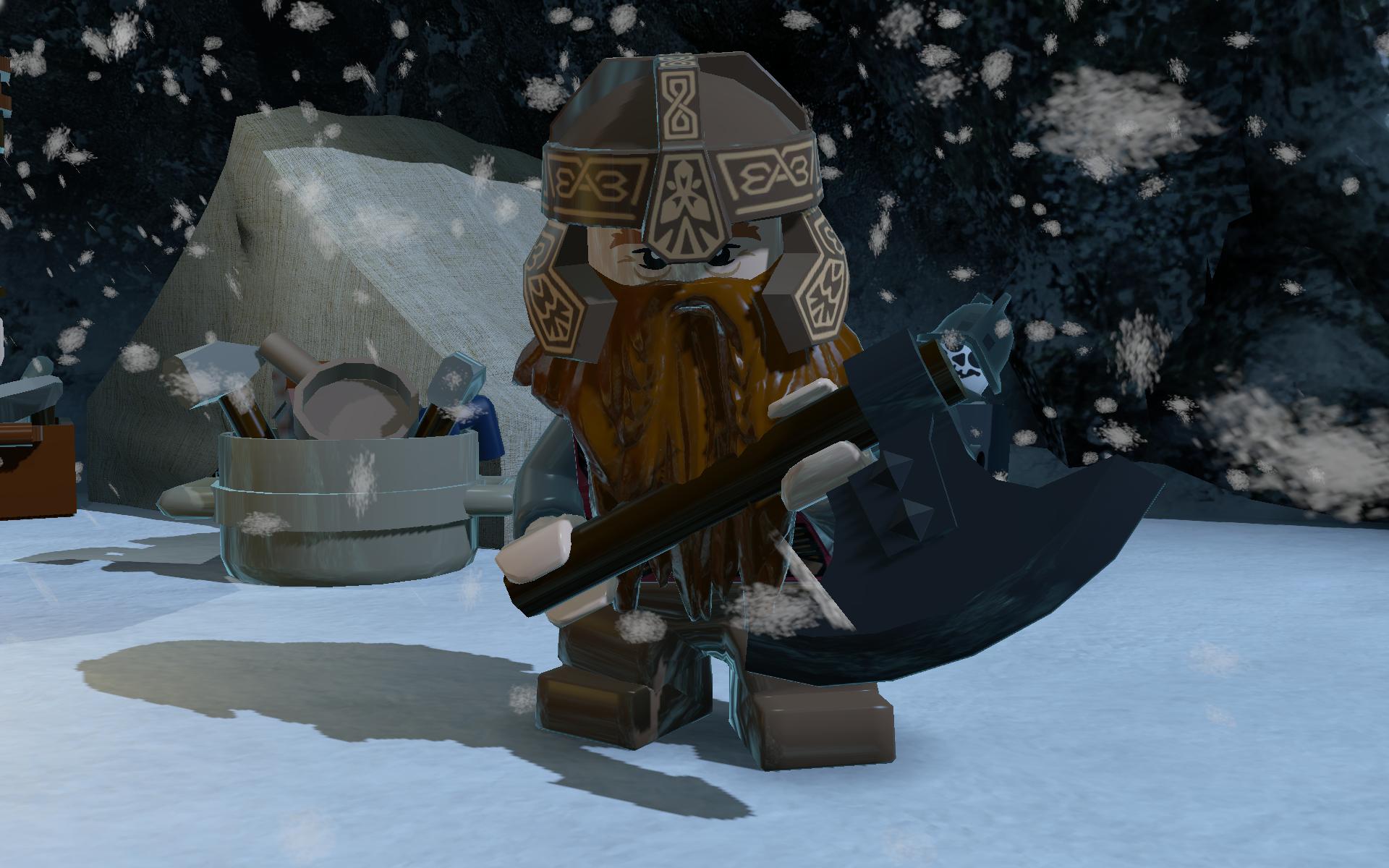
Release date: 2012 | Developer: Traveller's Tales | Steam
This is one of the better Lego games, featuring a truncated open-world version of Middle-Earth that somehow stands as the most faithful translation of the settings as seen in Peter Jackson's films. Each region is pretty detailed, and the colour palette is surprisingly spot-on. It's not the best choice if you want to take Middle-earth super seriously, but the oddly effective use of voices from the movies, combined with the Lego games' now deeply familiar slapstick humour, make it an ideal all-ages choice. Plus, unlike most of the games on this list, it's readily available from Steam.—Samuel Roberts
Middle-earth: Shadow of Mordor
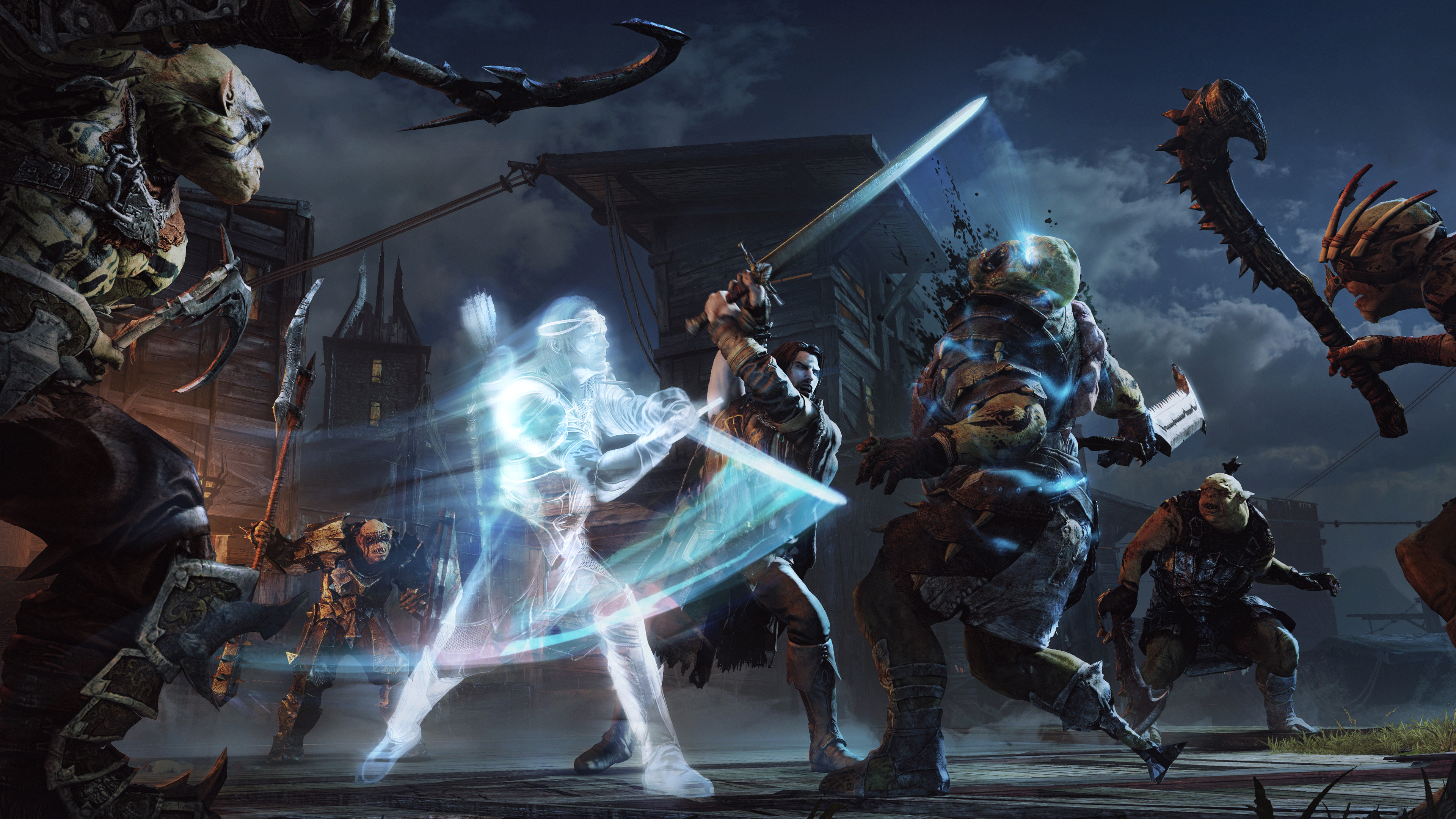
Release date: 2014 | Developer: Monolith | Steam
Shadow of Mordor is one of the most talked about games of the last few years thanks to the Nemesis system. This generates unique orc commanders for your hero, Talion, to face off against, and depending on the results of their encounters, they can blossom into grudges that play out over the course of the game.
Its borrowing of Assassin's Creed-style systems is pretty successful, too, with high-quality melee and ranged combat. I'm not in love with the two sparse-feeling overworlds, or the main story—Talion, killed by Sauron's Black Hand, is brought back by Elven wraith Celebrimbor to exact revenge—but you could rightly argue that the real story in Shadow of Mordor is the relationships you form with both your orc opponents and brainwashed pals.—Samuel Roberts
Middle-earth: Shadow of War
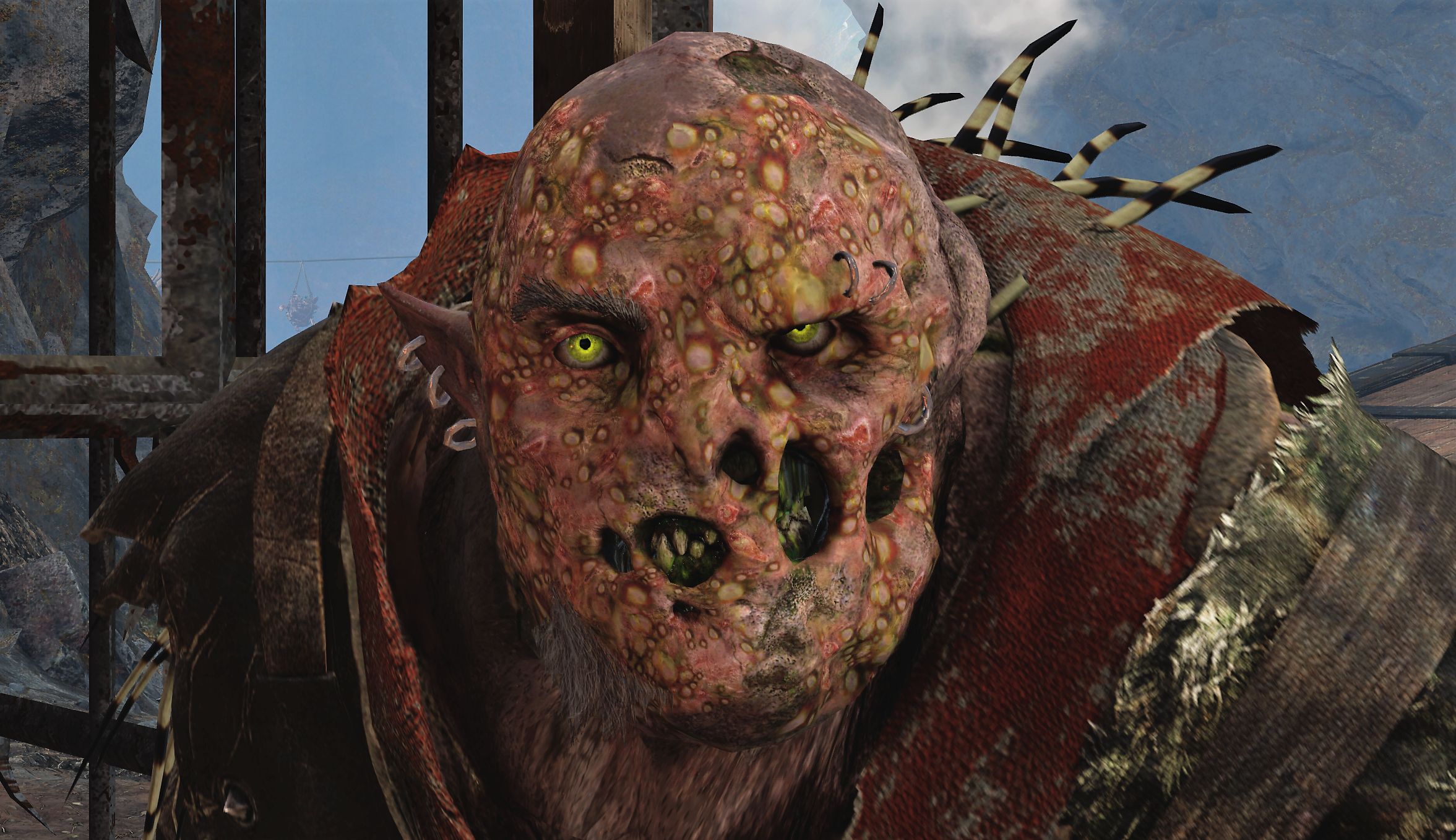
Release date: 2017 | Developer: Monolith | Steam
Shadow of War isn't a total slam dunk, thanks to more open world busywork than its predecessor, but it also builds on the first game in some decent ways. Conquering Nemesis fortresses with your army of orcs gives the sequel a sense of scale the first didn't really have, and the improved Nemesis system means even more meaningful encounters with the cockney warriors of Middle-earth.
Take Tim's encounters with Mozû the Blight, for example, where the large orc who looks like he's had cheese melted onto his face began bullying him. Then there's an orc who will track you down to sing to you. These minions are the true stars of the game, and it's amazing we haven't seen the Nemesis system implemented elsewhere in games yet. Shame about the loot boxes, then, but they didn't spoil Andy's enjoyment of the game.—Samuel Roberts
Worst Lord of the Rings games
And here are some Tolkien games we're less keen on
We hesitate to call these the worst Tolkien adaptations—some of them are—but like a lot of big licensed properties, The Lord of the Rings is more prone to average or disappointing games than outright disasters. Here is a selection of them.
Return to Moria
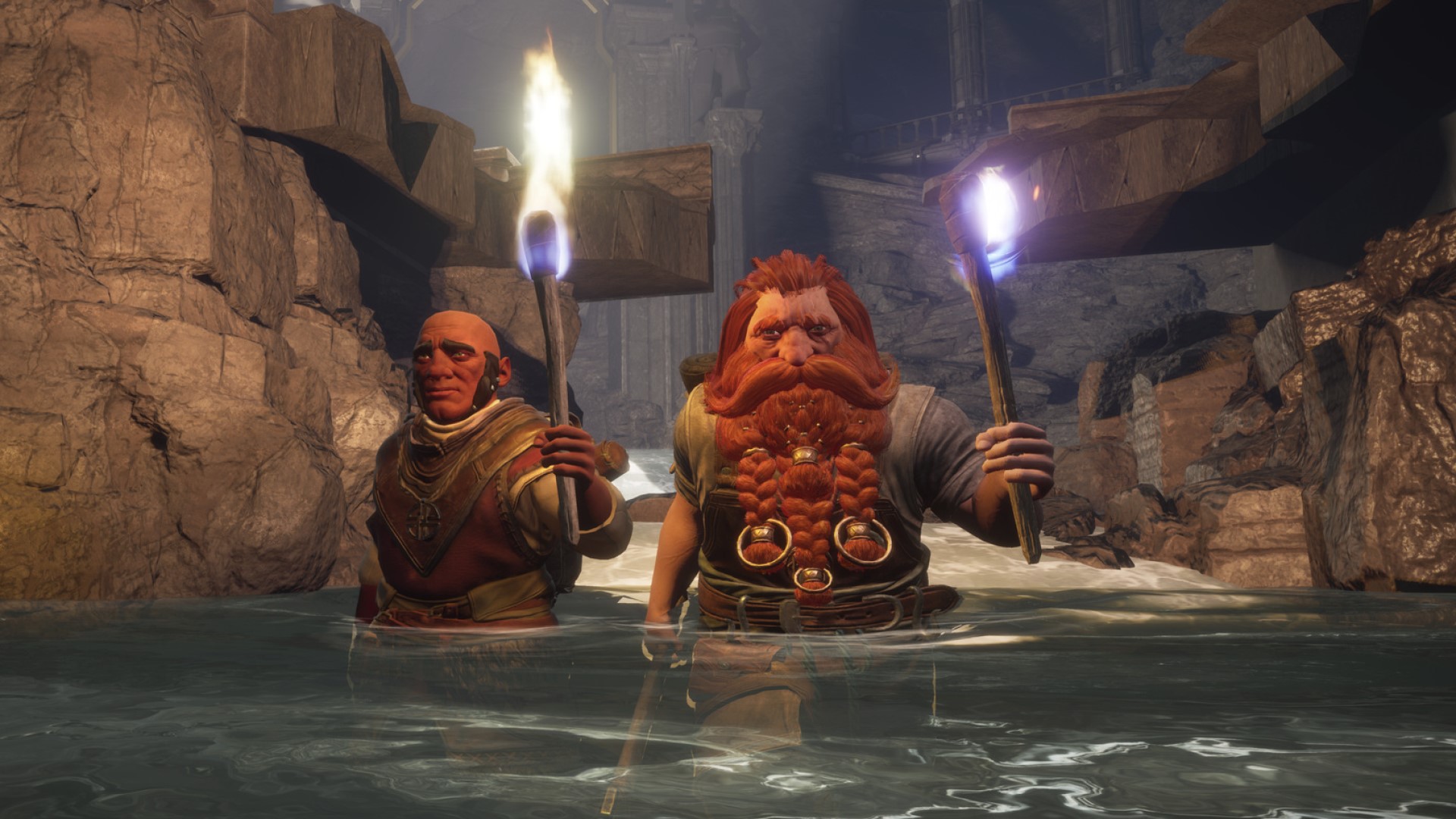
Release date: 2023 | Developer: Free Range Games | Steam, Epic Games Store
The underground labyrinth of Khazad-dûm sure seems like the perfect setting for yet another Valheim-like survival game, but Return to Moria's launch state was about as messy as The Lord of the Rings' rights situation. Our Return to Moria review lamented its buggy combat and constant stuttering, mourning what could've been an otherwise good experience and "one of the few Lord of the Rings games to feel faithful to the license."
Developer Free Range Games kept plugging away at content updates and thousands of bug fixes, with many of those changes focused on sprucing up combat. Honestly, that's my favorite part in The Two Towers—when Sam tells Frodo that perhaps there's still some good in Return to Moria, and they're gonna keep patching it for a year.
Lord of the Rings
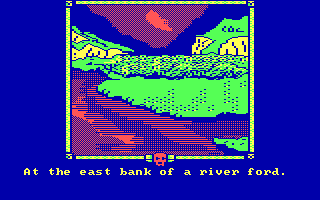
Release dates: 1985, 1987 | Developer: Beam Software
Sadly, lightning couldn’t strike twice for Melbourne House. Its take on Lord of the Rings arguably shows why so few games have dared take on the full trilogy—even with three games and the success of The Hobbit to build on, the designers couldn’t live up to the scope of the book and struggled from the start to turn its adventure into a series of puzzles. With most of The Hobbit’s advanced features jettisoned, the only thing it really became remembered for was its scale.—Richard Cobbett
War In Middle Earth
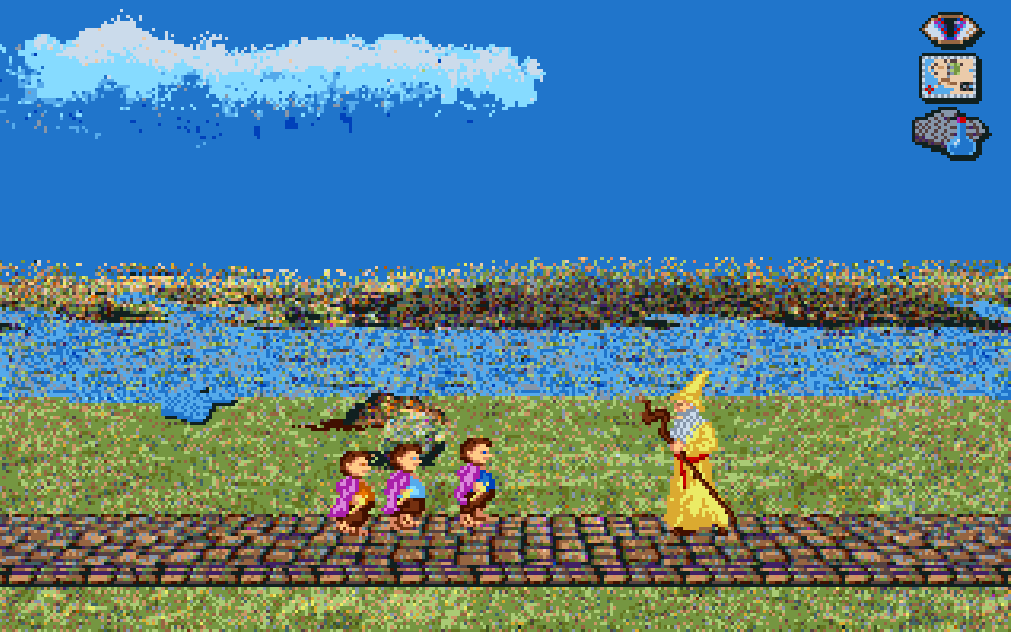
Release date: 1988 | Developer: Synergistic Software | Internet Archive
While most games up to this point tried to tell the story, this one used the power of more modern computers to provide a slightly different take. It was primarily a strategy game focused on the clash of armies and heroes. The clever parts, though, were in the victory conditions. To win, you could defeat Sauron’s armies fairly, or get the Ring (not necessarily carried by Frodo) to Mount Doom, while the baddies could win by retrieving it and making it back to Mordor. A clever set-up, even if the strategy side was too simple for most players.—Richard Cobbett
Riders of Rohan
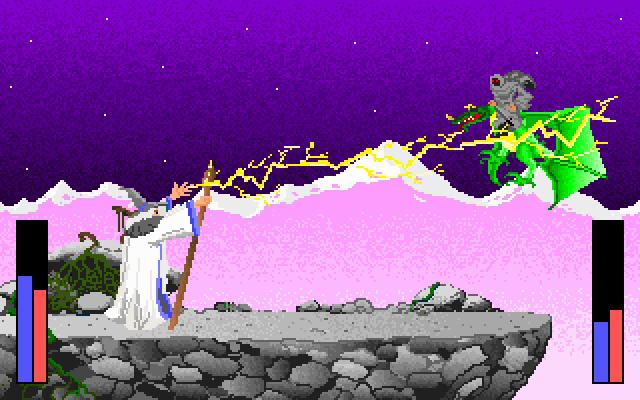
Release date: 1991 | Developer: Beam Software | Internet Archive
Set during The Two Towers, Riders of Rohan is somewhat reminiscent of the better known Defender of the Crown—a mix of strategy and minigames that sees you leading armies against the orc hordes, while also getting your hands dirty with duels and magic and shooting invading soldiers with a crossbow. Like most games that mix flavours, the result was that no individual part of it ended up being particularly great. Still, there were definitely worse ways to combine both the macro-scale of the fight against Sauron with the importance of individuals down on the ground.—Richard Cobbett
The Lord of the Rings: Conquest
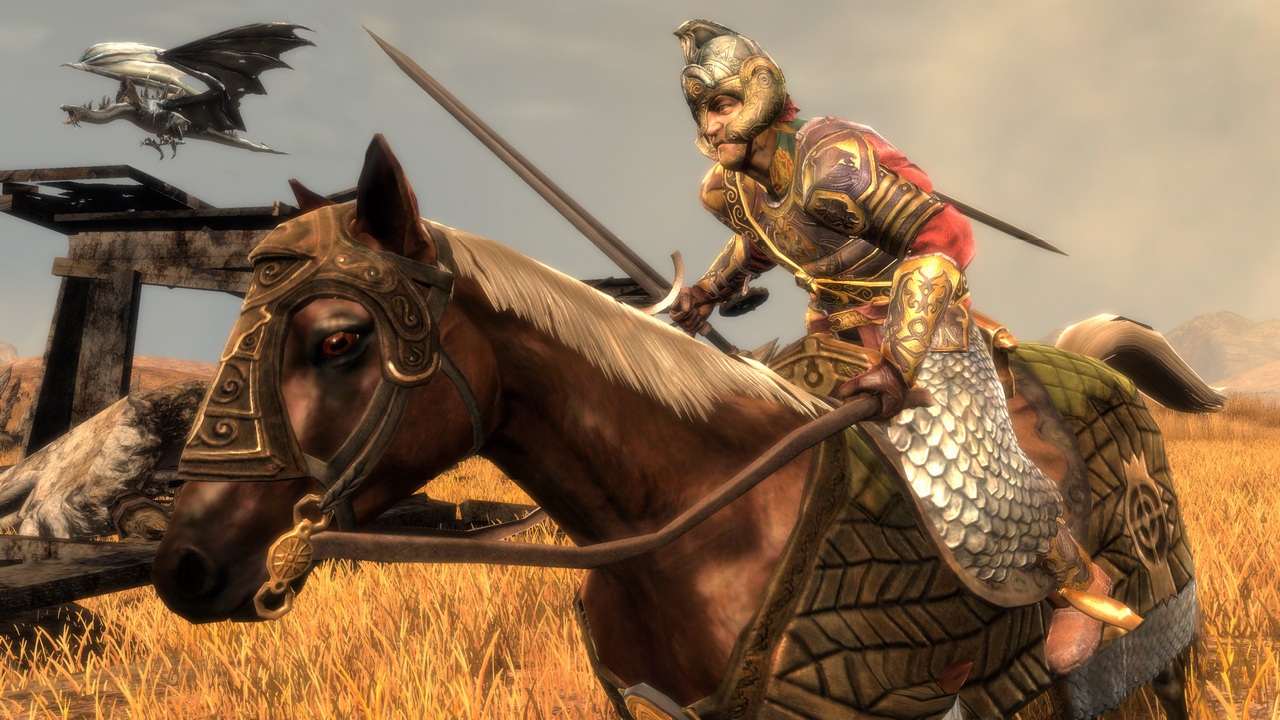
Release date: 2009 | Developer: Pandemic Studios
This was a disappointing translation of LOTR into a different genre, this time a Battlefield-esque competitive game. Conquest came from Pandemic, creators of the rough but vividly film-like Star Wars: Battlefront games, and this should've been fun and authentic like those. Unfortunately, it felt a lot cheaper, with bad animation, poor combat and underwhelming small-scale adaptations of the movie's best set pieces.
I wish I could still play Conquest as a curio against the AI, but I know it's the sort of thing I'd buy in an Origin sale for $8/£6, play for 20 minutes and then never again.—Samuel Roberts
The Lord of the Rings: War in the North
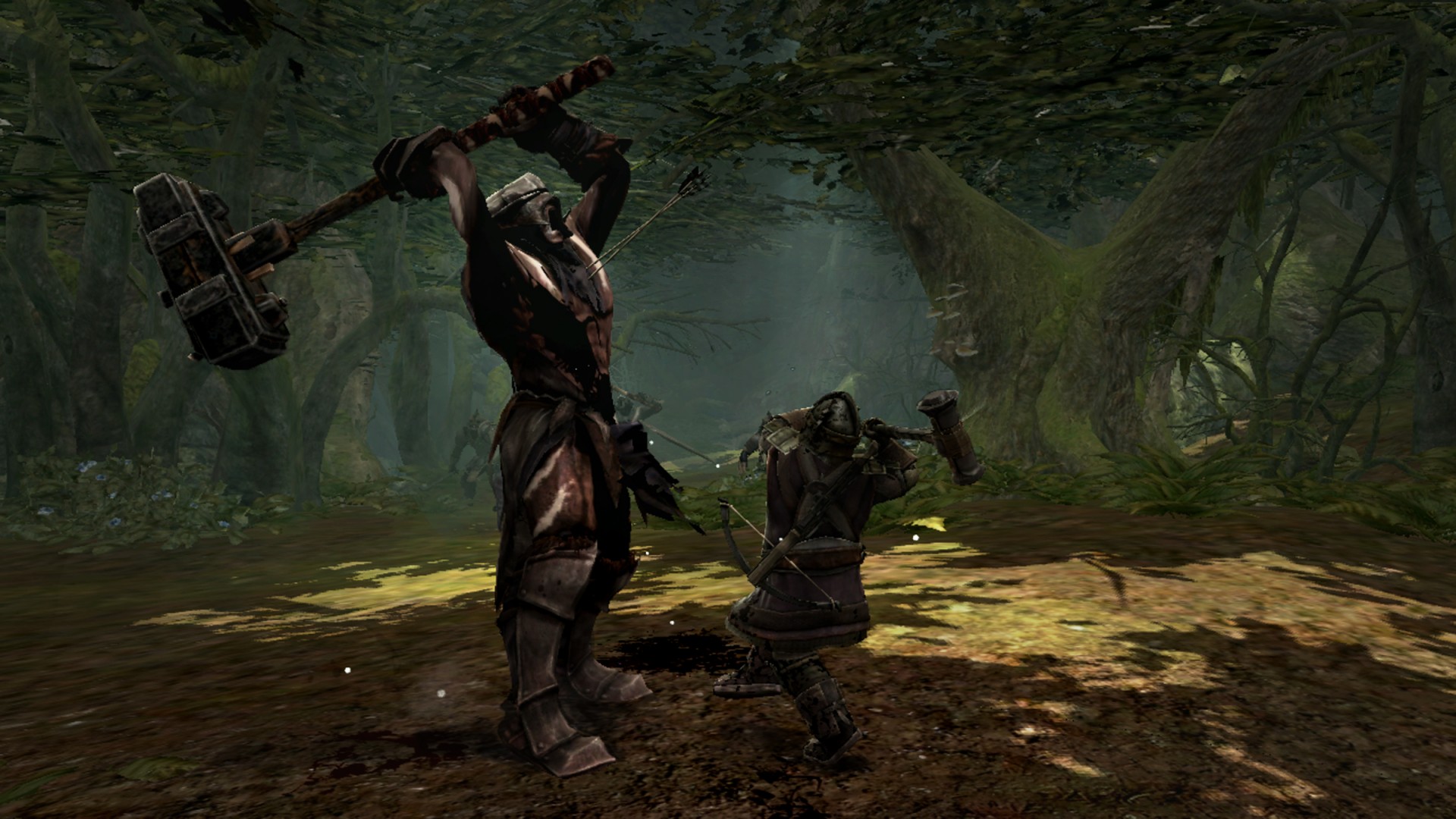
Release date: 2011 | Developer: Snowblind Studios | Delisted
Play as some nobodies in this floppy appendage to the films, that shows you parts of Middle-Earth lore previously unseen in the games or movies. The hope with War of the North was that it could capture some of the co-op magic of Snowblind's Baldur's Gate: Dark Alliance games on PS2, but it's instead a repetitive and clunky action game that didn't capture the drama of the films or the appeal of that fictional universe.
War in the North not a disaster, mind, just one that only patient LOTR fans will enjoy. Releasing it shortly after Skyrim (or just before, in the US) was a death sentence.—Samuel Roberts
Lego The Hobbit
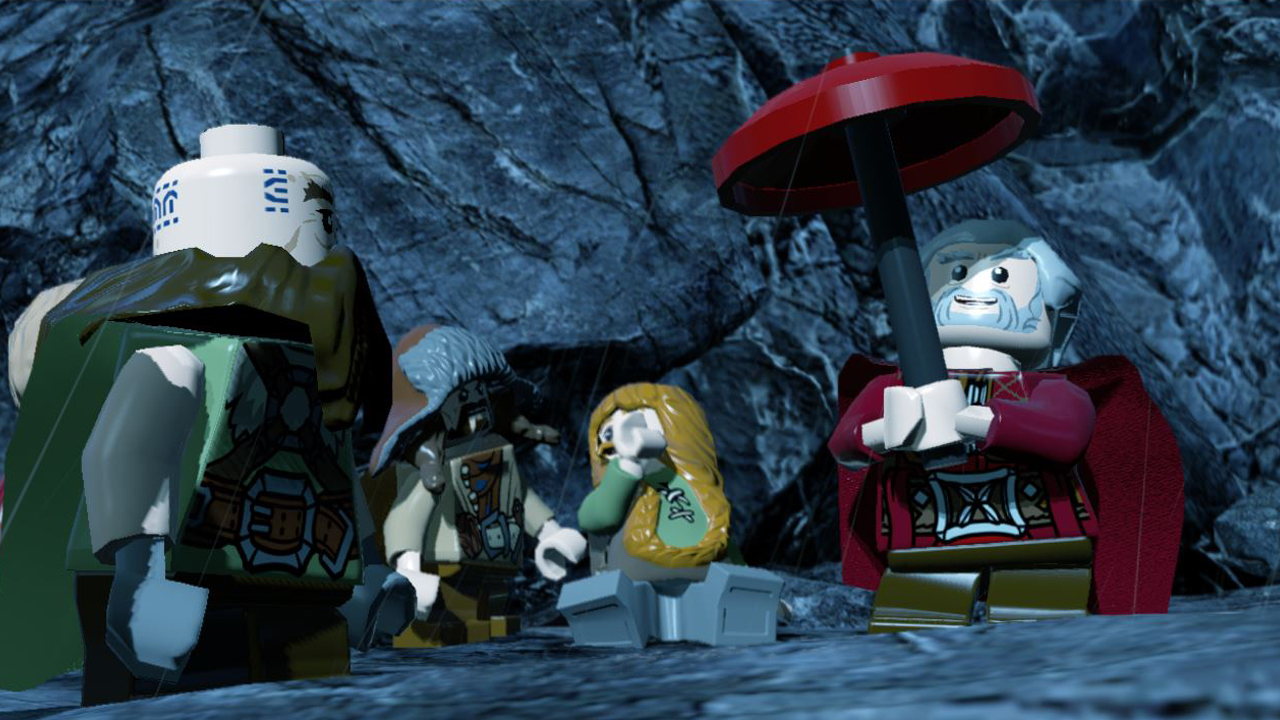
Release date: 2014 | Developer: Traveller's Tales | Steam
If you're going to adapt a movie trilogy, at least do all three films before you release the game. Instead, the trigger was pulled on Lego Hobbit before the turgid third movie even hit the multiplexes, and hopes that it would be covered via DLC never materialised. Chances are, you've got three or four other Lego games in your Steam library that are more deserving of your time.—Samuel Roberts







